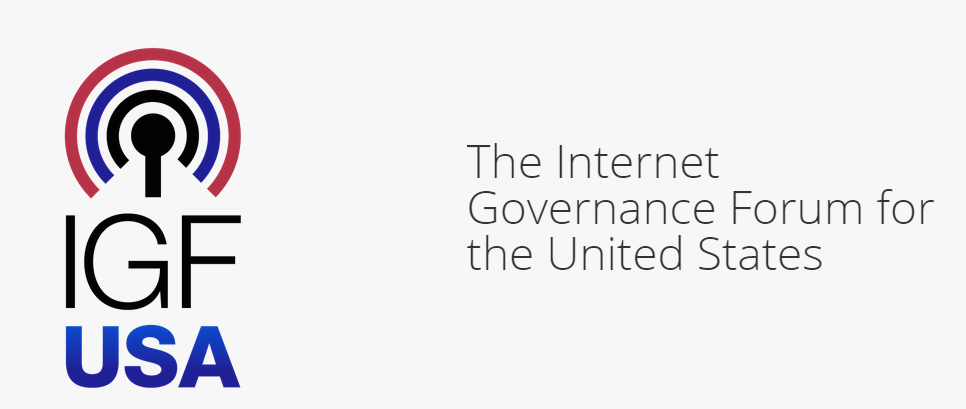So what will be the obstacles to getting just the next billion online? The question was debated at the annual U.S. Internet Governance Forum in Washington, and will be the subject of another round of debates at the Global Internet Governance Forum in Brazil later this year.
There are 3 billion people who currently use the Internet, and the biggest challenge is how we will connect those who aren’t online–the majority of whom are in the developing world.
Steve Crocker, chair of ICANN’s board of directors and an integral member of the team that developed protocols for the Internet in the 1970s, said that Internet governance challenges arise because of the unique mixture of technological expansion and local governance issues. He pointed to Brazil as a positive example for a nation’s Internet development, as the country has consistently used the local multistakeholder approach.
“That kind of activity is replicable and scalable,” he said.
One of the major convening sessions on Internet governance, the World Summit on the Information Society (WSIS), took place in 2005, and as some noted, the Internet has evolved rapidly since then.
“Ten years is an infinity in Internet time,” said Laura DeNardis, a professor at American University. “Ten years ago, we were hearing about the launch of ‘The Facebook.’”
As the United Nations prepares to review the WSIS in 2015, with discussions on how WSIS and Sustainable Development Goals will co-exist in the post 2015 development agenda, a frequent challenge to progress in Internet governance is getting the right actors involved, speakers said, with many calling for greater involvement throughout the development community, particularly with regard to the SDG process.
“When you look at development, you see silos of community and of knowledge generated,” said Carolina Rossini, a vice president at Public Knowledge.
The governance of the Internet faces challenges on a more micro level, as well, in the realm of free expression. For instance, “trolling,” or online harassment, and hate speech are a facet of the online world in which news organizations find themselves playing a role. These phenomena have two phases: either specific targeting of individuals, or the hijacking of conversations to derail them.
When it comes to online communities, moderated by news organizations in comment sections or on social media, the debate is whether to regulate based on content, or regulate based on behavior. Often, this will lead to companies erring on the side of caution and possibly restricting speech in the process.
“We’re seeing a devolution to private companies to decide what is and is not certain types of speech,” said Courtney Radsch, advocacy director for the Committee to Protect Journalists.
I see this as skirting around the issue of media literacy–which used to mean knowing what is and is not credible information. But with applications on the Internet that enable user generated content, now individuals and news organizations alike face that challenge, and on a much larger field.
We’re at a crucial moment for media development around the world to address this issue, as the plan to get the next billion people online takes shape. News organizations in highly developed markets have had the same comment structure for online stories for decades–they need to be thinking more critically about the kinds of online communities they want to cultivate. News organizations in the developing world that may be seeing a surge in connectivity or online communities should learn from this lesson sooner rather than later.


Comments (0)
Comments are closed for this post.